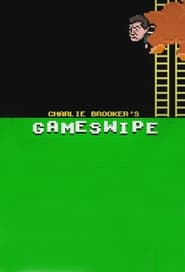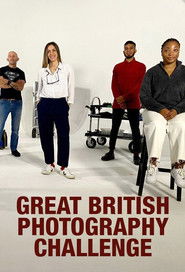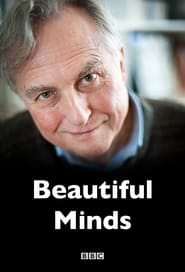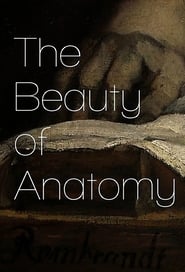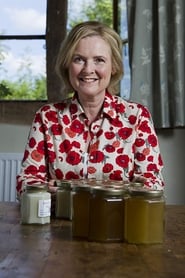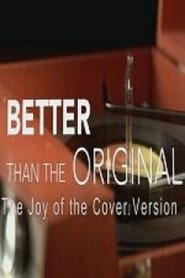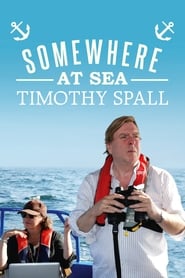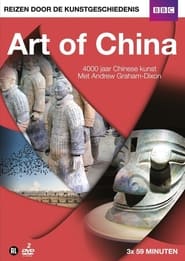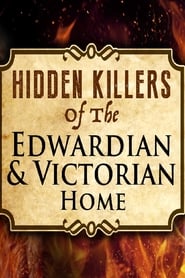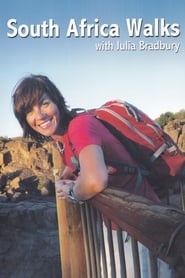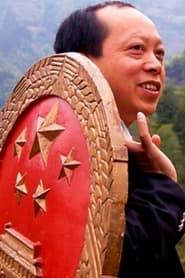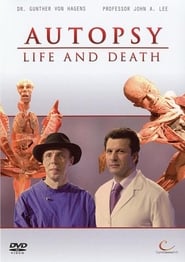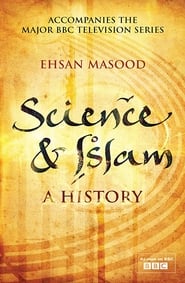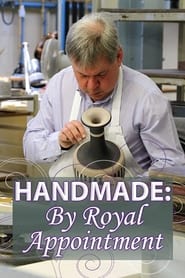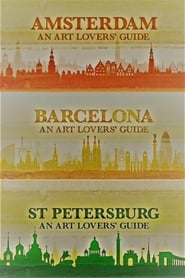Bbc Four TV Series - Page 11
-
Charlie Brooker's Gameswipe
2009
star 7Charlie Brooker's Gameswipe was a special one-off British, video game culture show by Charlie Brooker, aired in September 2009 during the BBC's Technology season. Following on from Brooker's Screenwipe and Newswipe, Gameswipe featured reviews of various video games and consoles as well as an insight into the video game industry. -
Great British Photography Challenge
2021
The search is on for an exciting new name in British photography. Six talented photographers from across the UK embark on the photographic masterclass of a lifetime with Rankin. -
Beautiful Minds
2010
Beautiful Minds
2010
Beautiful Minds is a BBC documentary series shown on BBC Four, which features significant British scientists who describe their big moment or discovery. The first series aired in April 2010, and the second series in April 2012. Each series consists of three episodes -
The Beauty of Anatomy
2014
Dr Adam Rutherford investigates the close relationship between discoveries in anatomy and the works of art that illustrate them. -
The Wonder of Bees with Martha Kearney
2014
Series which follows Martha Kearney's bee-keeping year and explores the science, art and culture of the honeybee, the most ingenious insect known to humankind. -
Electric Dreams
2009
star 8A family of six and their home are stripped of all their modern technology to live a life of decades past. In each episode, the family lives through a given decade at a rate of a year per day. They have their own Technical Support Team to source and supply them with the vintage technology that would have been available to British households during the decade. -
Better Than the Original: The Joy of the Cover Version
2015
The cover version has always been a staple of the pop charts. Yet it's often been viewed as the poor relation of writing your own songs. This film challenges and overturns that misconception by celebrating an exciting, underrated musical form that has the power to make or break an artist's career. Whether as tribute, reinterpretation or as an act of subversion, the extraordinary alchemy involved in covering a record can create a new, defining version - in some cases, even more original than the original. -
Timothy Spall: Somewhere at Sea
2010
A mini-odyssey along the coast from Cornwall to Wales in the company of the actor Timothy Spall and his wife Shane on their Dutch barge. -
Art of China
2014
star 8.3Andrew Graham-Dixon undertakes an epic journey to uncover the art of China. -
Pain, Pus and Poison: The Search for Modern Medicines
2013
star 8In this "entertaining medical series" (The Sunday Times, U.K.), Dr. Michael Mosley shows how drugs have revolutionized medicine and changed the course of human history. Unfolding over a period of 200 years, it's an extraordinary tale of daring, self-experimentation, revelation, genius, and outright luck. -
Hidden Killers
2013
-
South Africa Walks
2010
South Africa Walks
2010
Julia Bradbury sets out on four walks that explore South Africa's claim to be 'a world in one country', going far beyond the normal tourist destinations to a series of increasingly remote locations. -
Law of the Dragon
2011
Law of the Dragon
2011
Examine how justice is served in rural areas of China so remote and isolated that the villagers have almost no contact with, and are deeply mistrustful of, the central government. -
Autopsy: Life and Death
2006
In this new four-part series, anatomist Dr Gunther von Hagens and pathologist Professor John Lee get right under the skin to reveal the processes in life that tie us to our ultimate fate in death. The two scientists perform a series of autopsy demonstrations at the Institute of Plastination in Heidelberg, Germany, in which they demonstrate the process of finding a cause of death. With the aid of human dissection, live models and scientific models they are able to reveal what disease really looks like and how it works. -
Handmade: By Royal Appointment
2016
Four-part series following the making of four beautiful objects, handcrafted by companies with a royal warrant. -
Birds Britannia
2010
Birds Britannia
2010
Birds Britannia is a four-part BBC Four television series about the birds of the United Kingdom, first shown in 2010. It was produced by Stephen Moss. Each of the four, sixty-minute episodes concentrates on one kind of bird: garden birds, waterbirds, seabirds and birds of the countryside. The series has no presenter, and is narrated by the Scottish actor Bill Paterson, with filmed interviews with a wide range of experts and bird enthusiasts, including David Attenborough, Mark Cocker, Jeremy Mynott, Tim Birkhead, Jane Fearnley-Whittingstall, Christopher Frayling, Kate Humble, Rob Lambert, Desmond Morris, David Lindo, Helen Macdonald, Andrew Motion, Tony Soper, and Bill Oddie. It has been announced that a book of the same title, by Stephen Moss, will be published by Collins in April 2011. -
An Art Lovers' Guide
2017
An Art Lovers' Guide
2017
With sumptuous palaces, exquisite artworks and stunning architecture, every great city offers a dizzying multitude of cultural highlights. So what should an art lover see on a flying visit? Art historians Dr Janina Ramirez and Alastair Sooke take us on entertaining and revealing cultural city breaks, offering surprising new insights into famous locations and uncovering hidden gems and untold stories, as they discover how religion, revolution and trailblazing individuals can shape the art - and soul - of a city. -
Meades Eats
2003
Meades Eats
2003
Meades asks if Britain really has suffered a "Gastronomic Revolution", and offers an A-Z of British food.
